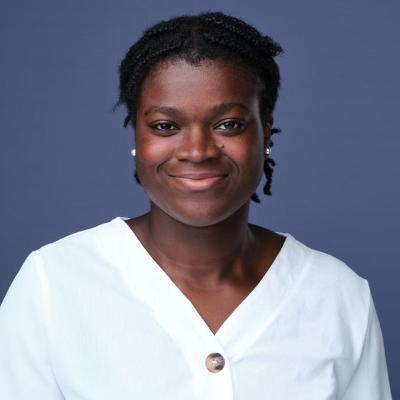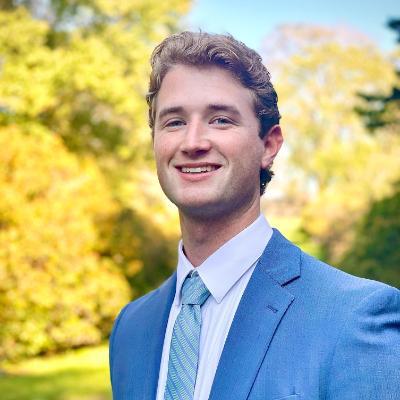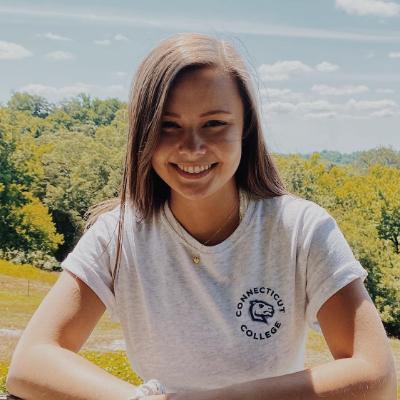
Anike Abegunde
Lab Coat to Chef’s Apron: Exploring Chemistry in Food Research & Development
Anike, an ACS chemistry major from Slough, United Kingdom, joined the Food Pathway to take an interdisciplinary look at topics like food insecurity, the cultural importance of food, and food system sustainability.
As a sophomore, Anike won a Summer Science Research Institute grant to work with Associate Professor of Chemistry Tanya Schneider studying the organic synthesis of alpha-helix mimetic inhibitors. Last summer, Anike interned at North Carolina State University Center for Marine Sciences and Technology in Professor Alexander Chouljenko’s seafood science laboratory.
“My interest in my animating question, ‘What are some of the roles chemistry plays in food research and development?’ is the result of a combination of my academic background in chemistry, inspiration from professors in the field from North Carolina State University and my own curiosity about ever-changing food trends,” Anike said.
She added that she hopes the Symposium audience learns “Food without chemistry is like a meal without seasoning—bland and missing something.”
After graduation, Anike, who is also president of Conn’s Christian Fellowship, plans to pursue a master’s degree and Ph.D. in food science.

